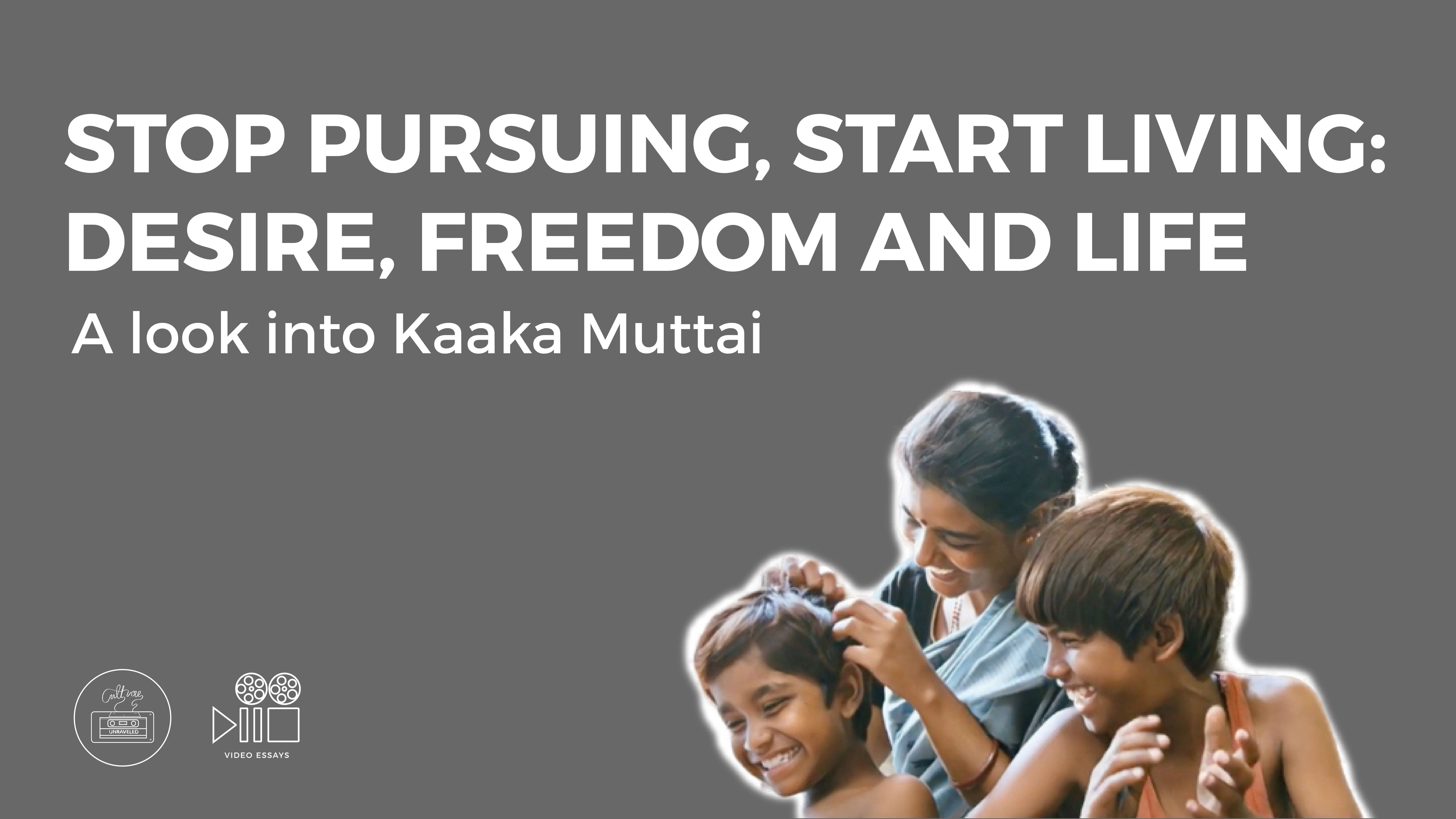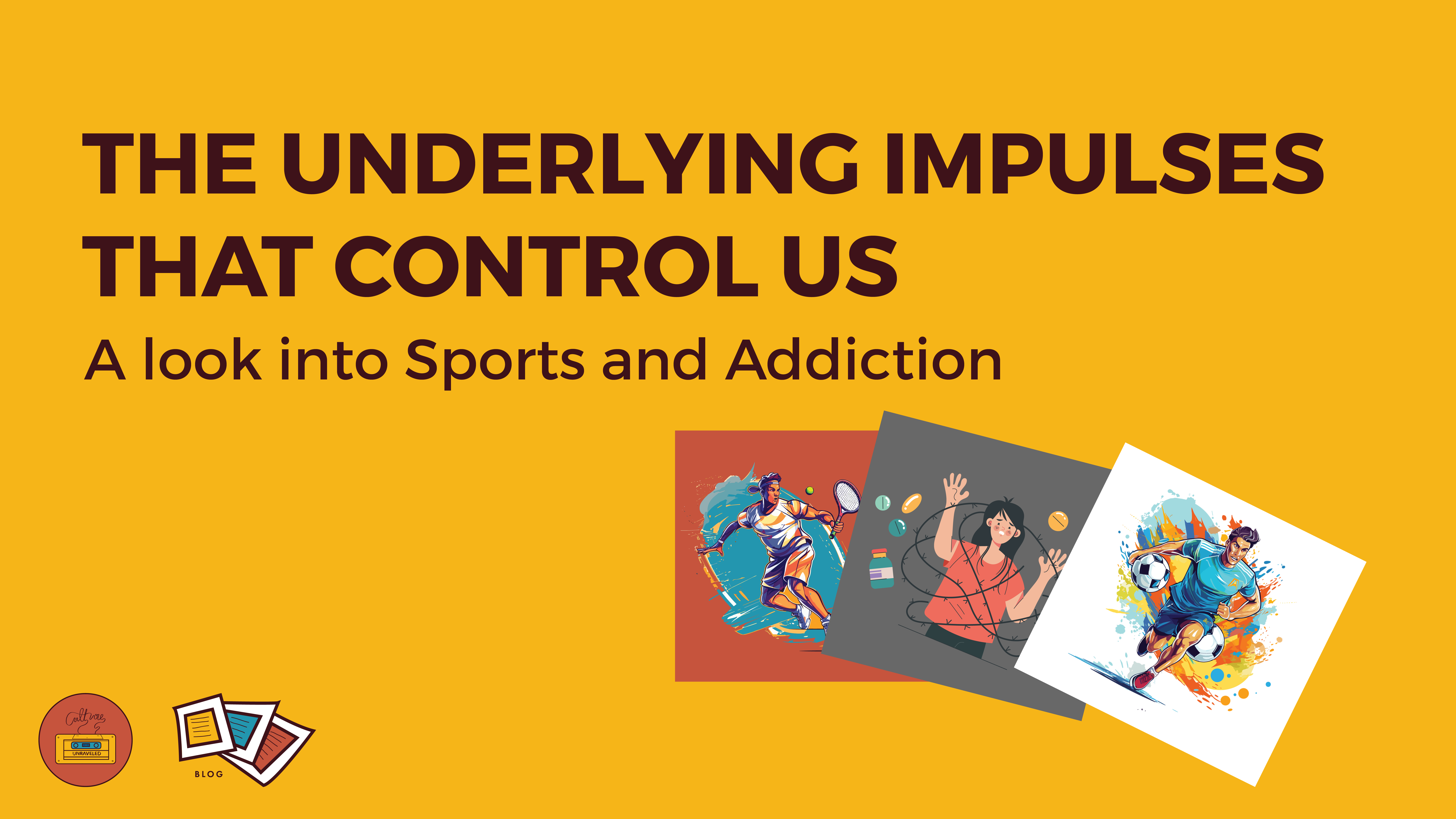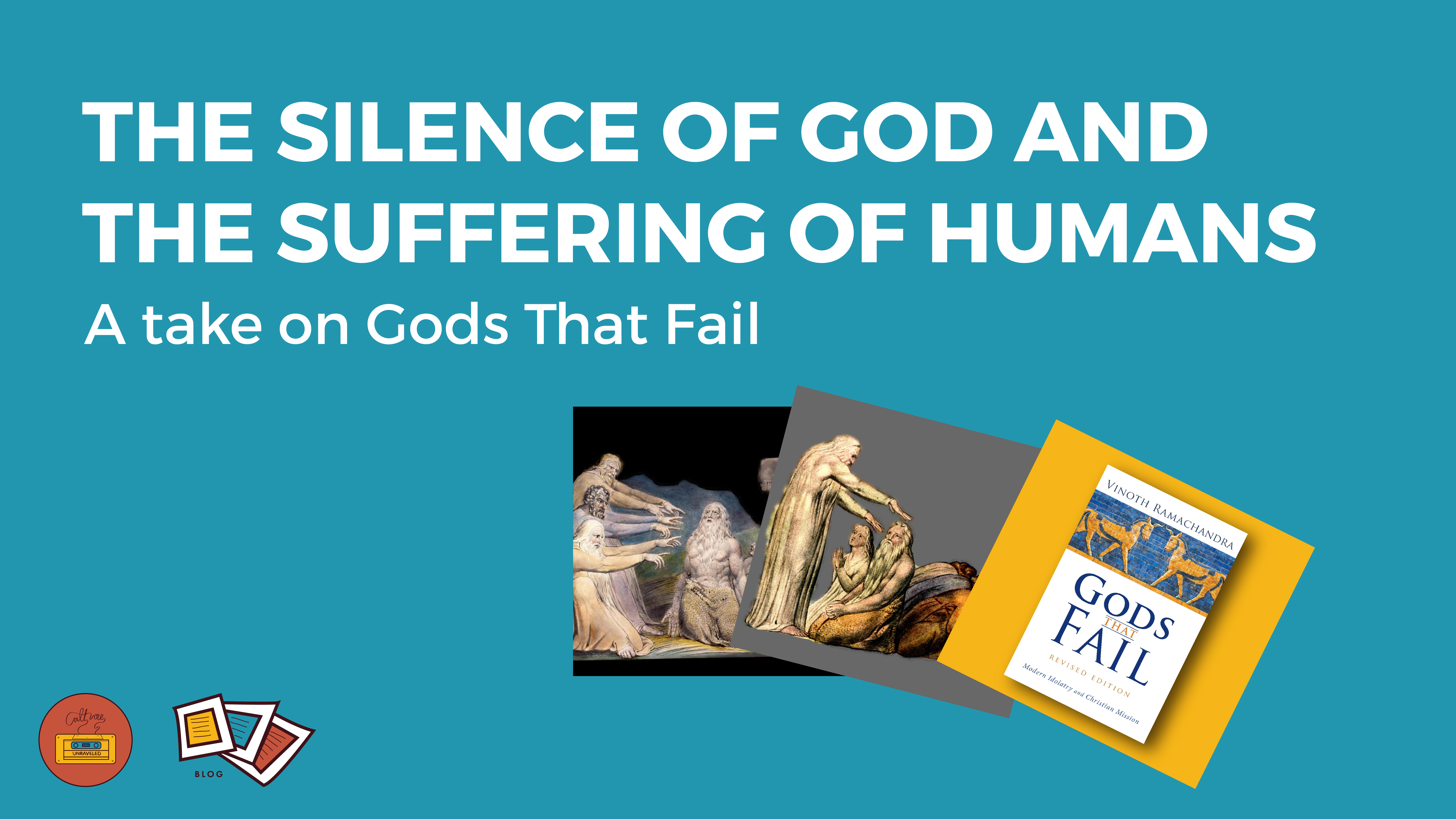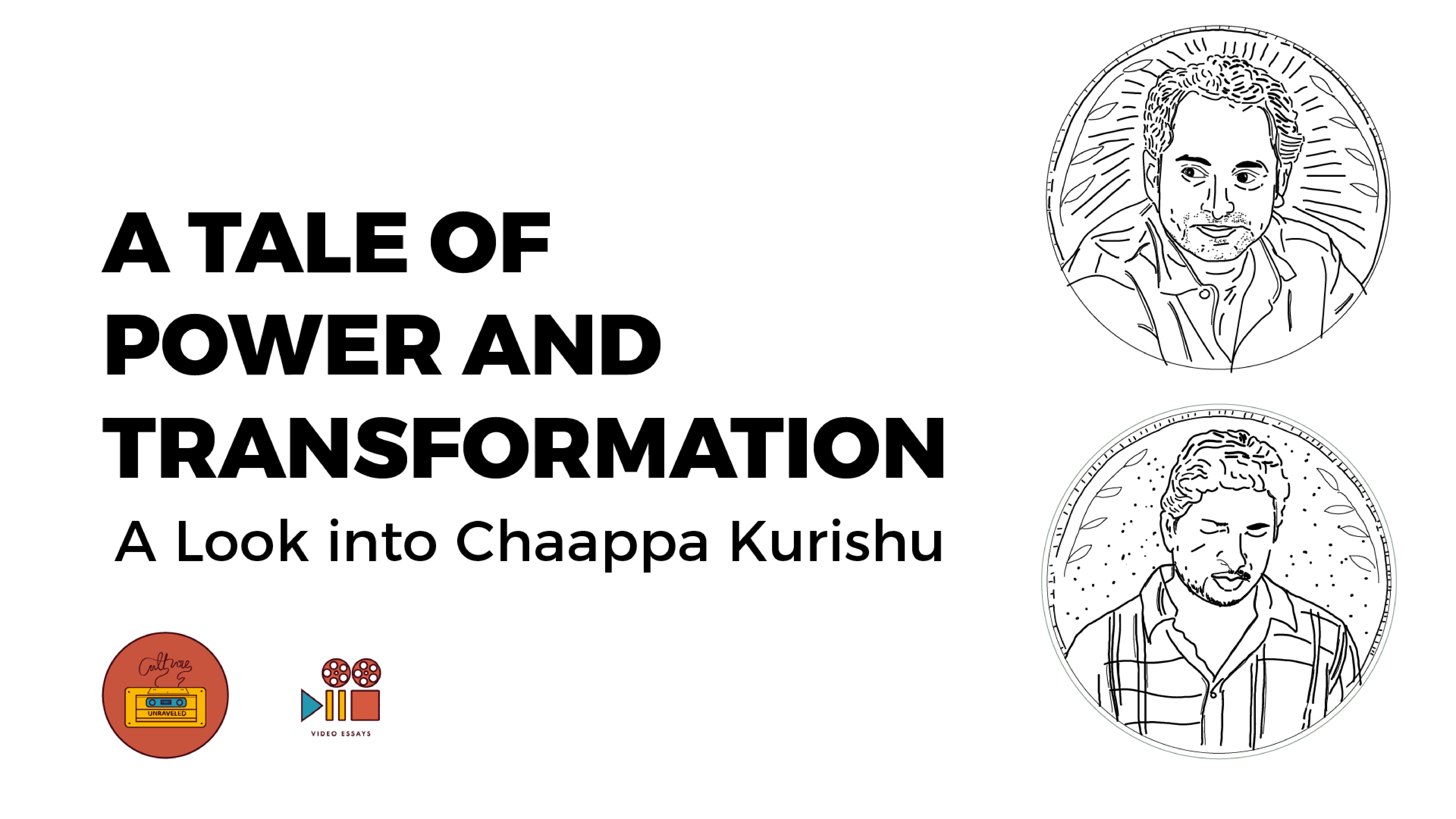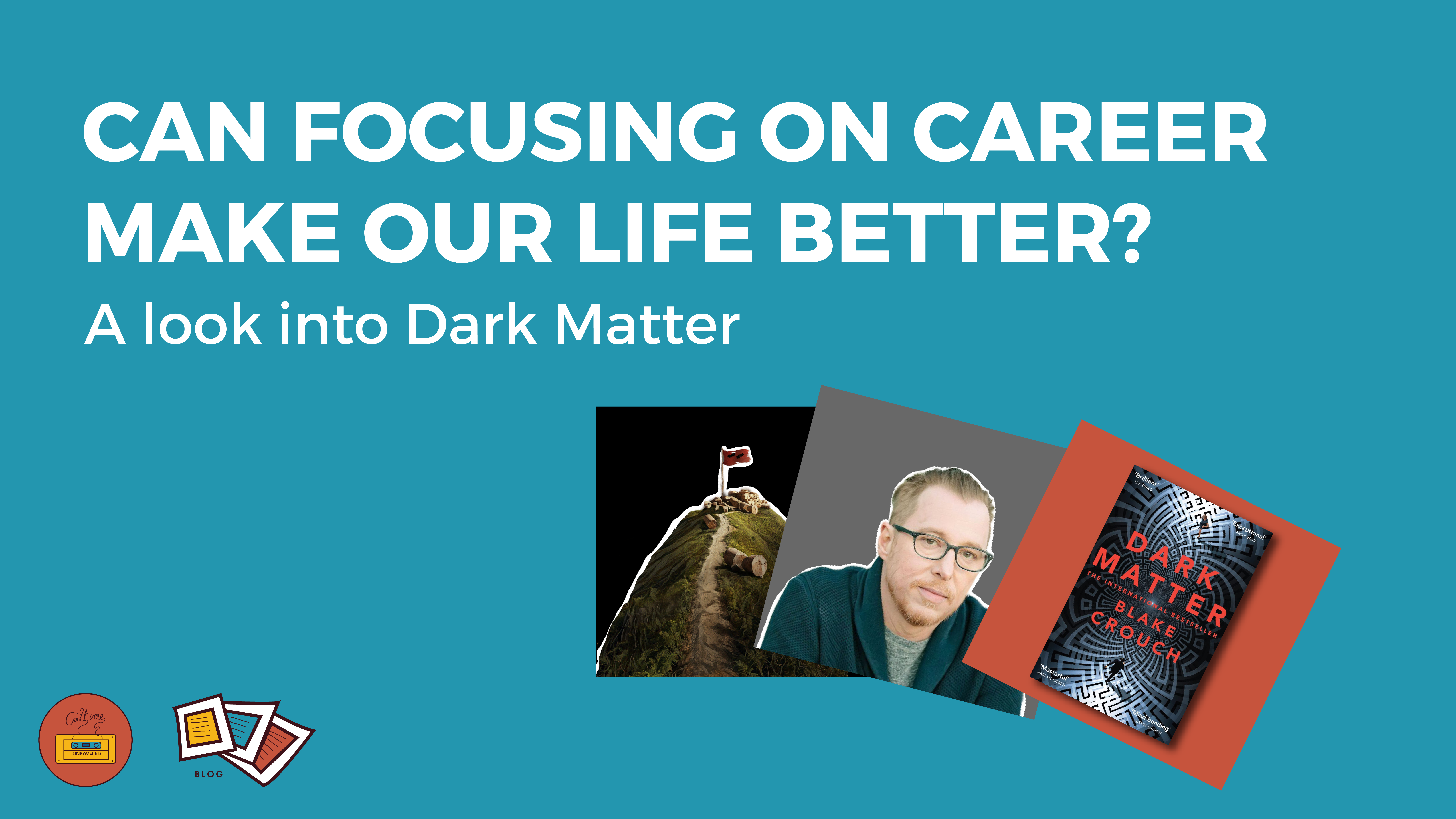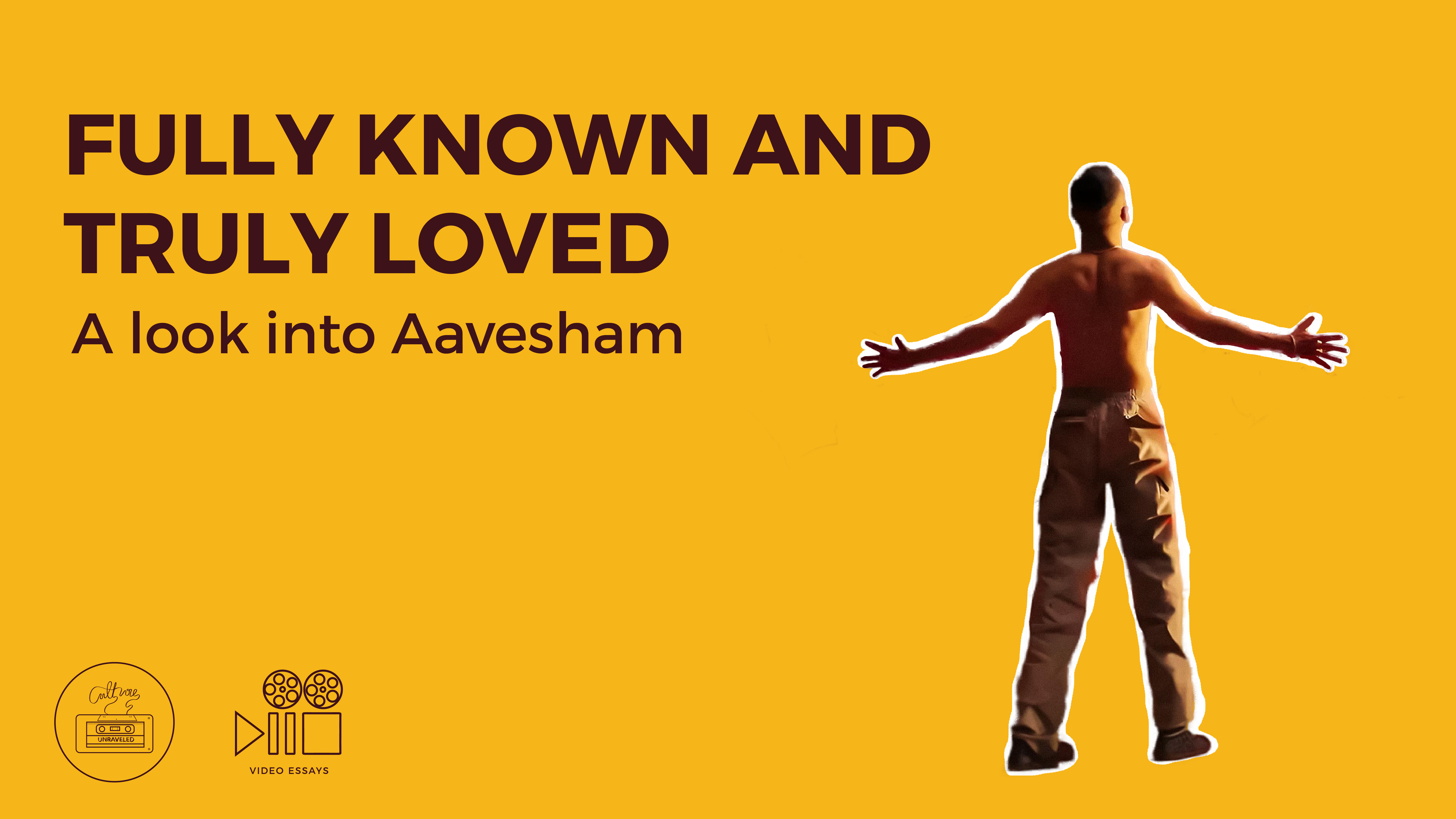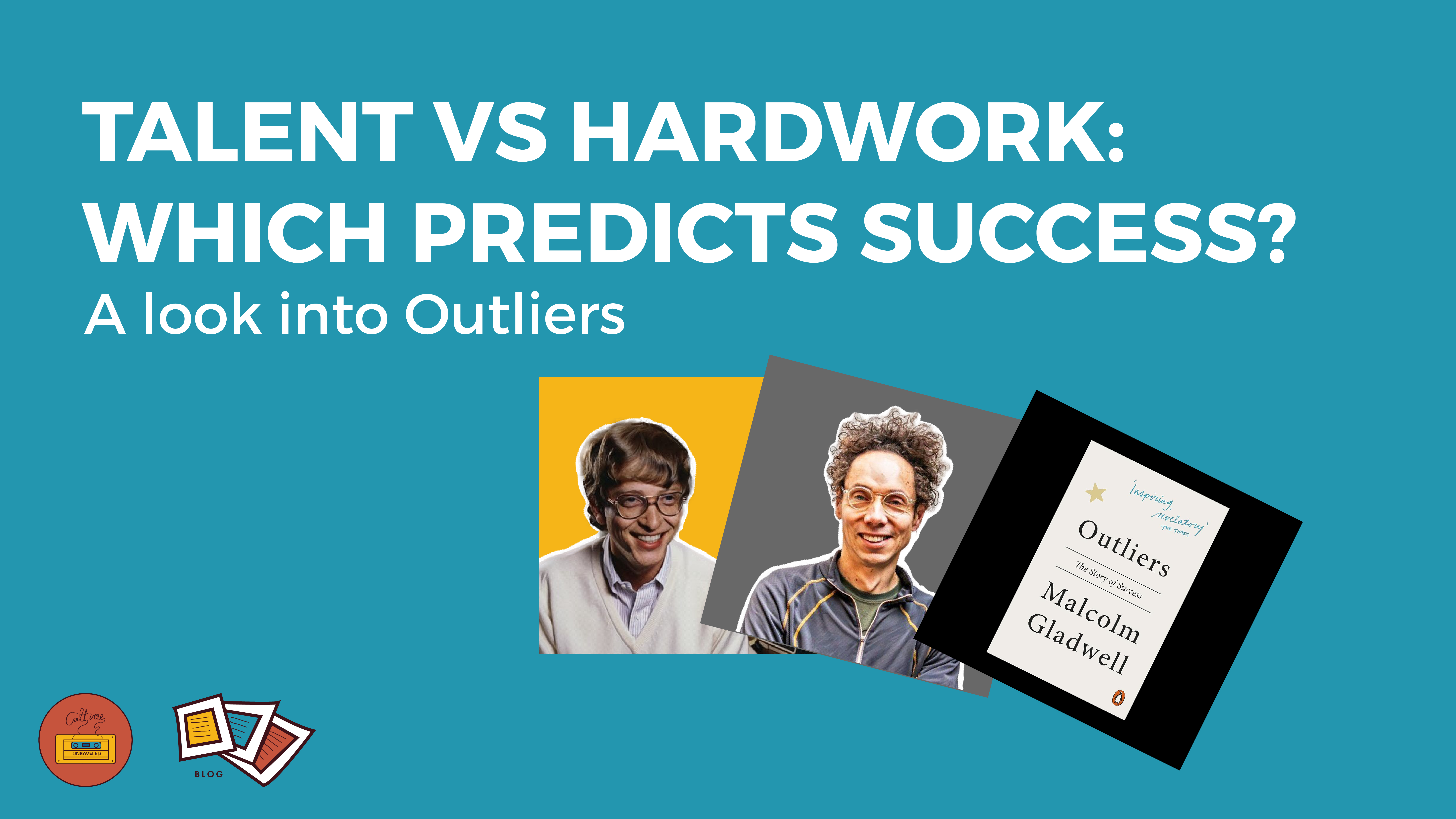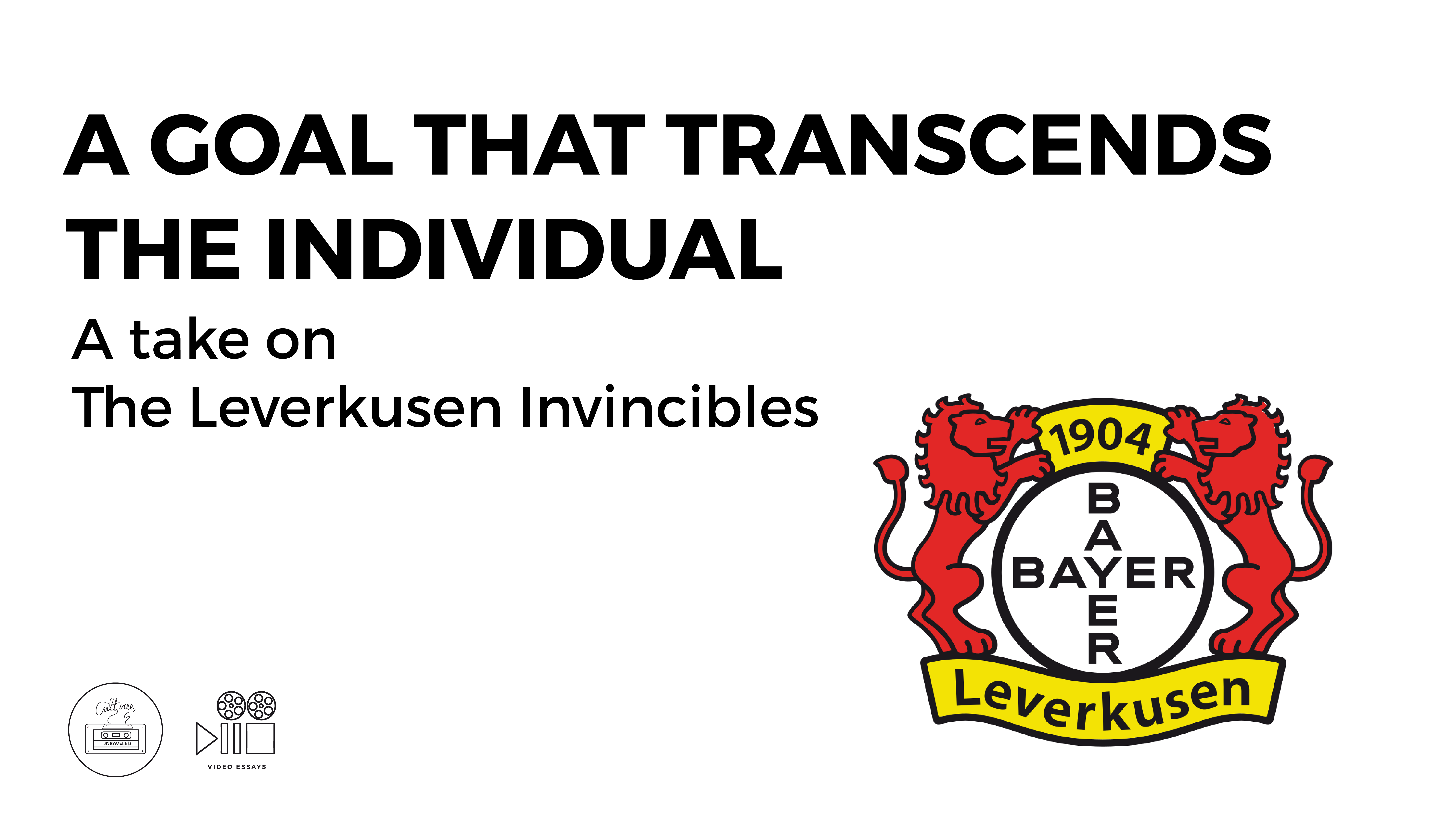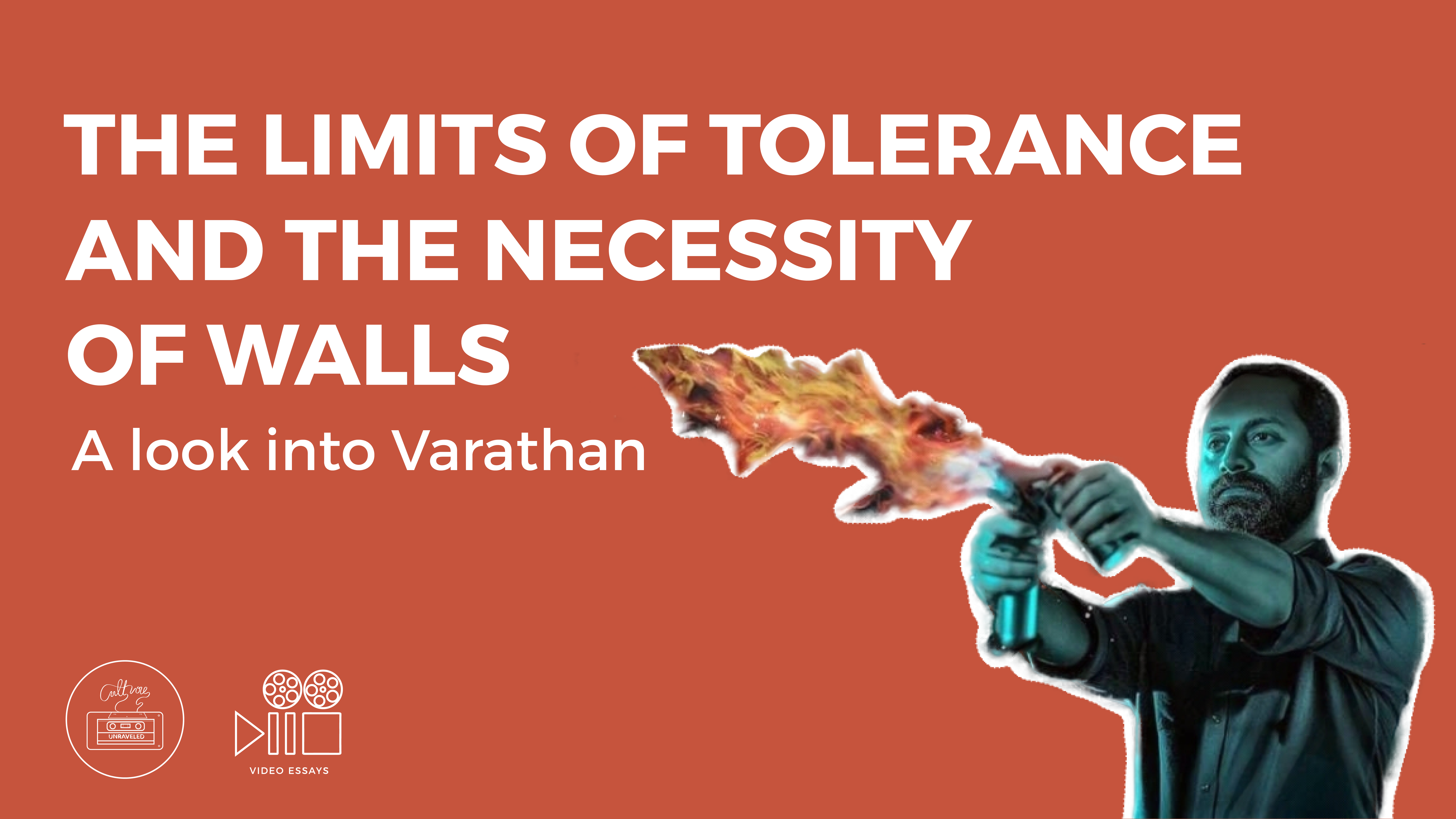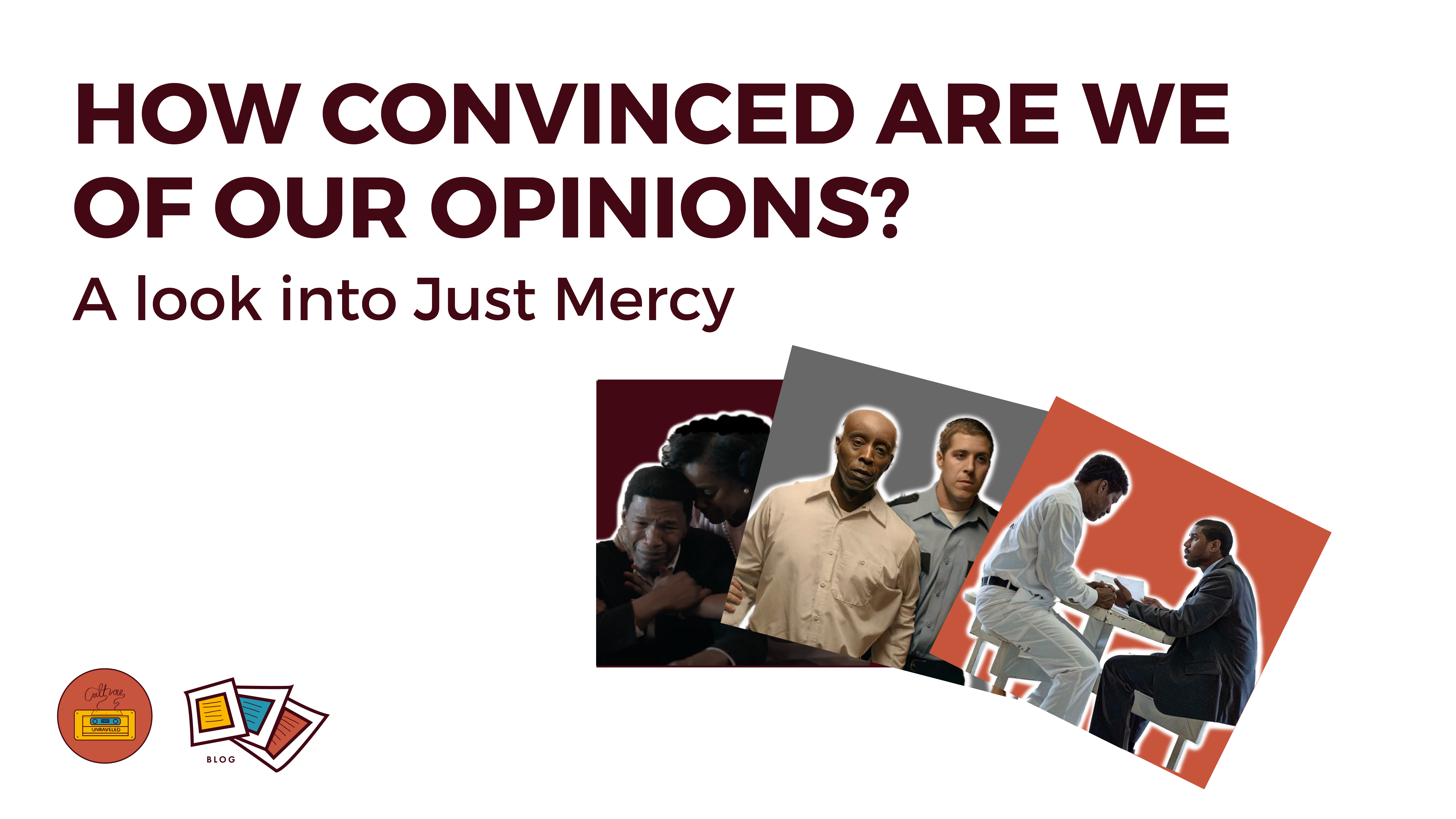
“Legal hermeneutics is directly influenced by phenomenology.” This was the fundamental argument we presented in an article a few months ago. Our assertion was that interpretation of law (legal hermeneutics) is a function of one’s comprehension of events and individuals (phenomenology). Thus, we implied that if we choose to hold a high view of the law, then, for the sake of justice, we cannot afford to compromise on a scholarly pursuit to develop a superior, nuanced, and contextualized phenomenology. In this article, we further examine this argument by testing its inverse. If a ‘superior and contextualized’ interpretation leads to justice, then will an inferior and non-contextualized interpretation of events and individuals lead to injustice? To test this claim, we shall utilize the story of Walter ‘Johnny D.’ McMillian as discussed in the movie Just Mercy.
Johnny D. was arrested for the murder of an 18-year-old white woman, Ronda Morrison. 4 witnesses directly related Johnny D. to the scene of the crime. The prime witness, on whose testimony the entire case of the prosecution rested, was a career criminal who was pressured to falsely incriminate Johnny D. In fact, the entire case against the defense was fabricated so that the police could finally resolve Ronda Morrison’s murder. Since Johnny D. came from a poor black family, the police reasoned that no one would suspect the accusation.
The burden of adjudication fell on a trial jury. According to our previously stated argument, if the jury assumes the responsibility of justice, it is crucial that they build a superior, nuanced, and contextualized interpretation of events and individuals. If, however, the jury dismisses this arduous task, and adopts an inferior and non-contextualized hermeneutic instead, they will be agents of injustice. Unfortunately, in the case of Johnny D., the jury chose the latter alternative.
The prosecution’s case was blatantly false, which would have been clear to anyone who took the responsibility of truth and justice seriously. Dozens of witnesses testified that they were with Johnny D. at a church event when Ronda Morrison was murdered. Their accounts were disregarded by the jury. The prime witnesses’ testimony was rigged with contradictions. Also, his earlier testimony during the investigation never tied the accused to the crime. These gaps in the prosecution’s case were left unchallenged because everyone, including the jury, welcomed an inferior and thoughtless interpretation of the events as long as the narrative validated their bias. Johnny D.’s trial lasted a total of just 1.5 days. He was found guilty by a nearly all-white jury and sentenced to death.
His case was revisited by a newly minted Harvard lawyer, Bryan Stevenson, who decided to help people on death row. Stevenson faced significant retaliation from the community, but he pressed on the pursuit of uncovering the truth for the sake of justice. Stevenson visited Johnny D.’s home to develop context for the case. He learnt that he was the first lawyer representing Johnny D. to visit his neighborhood. Stevenson appealed to the local court for a retrial. When he was denied, Stevenson rallied public support by presenting his client’s story on the show 60 minutes. The segment that aired Johnny D.’s story was able to tease out the nuance, point at the glaring contradictions in the incriminating witness testimonies, and develop a context to the entire case. Stevenson’s appeal for retrial was heard by the State Supreme Court where all the charges against him were finally dismissed and he was reunited with his family.
The movie ends with Stevenson addressing the US Senate Hearing on Death Penalty with Johnny D. at his side. He argues, “The opposite of poverty isn’t wealth. The opposite of poverty is justice.” It is a rather radical thought to consider then, when Jesus said, “Blessed are you who are poor. Yours is the kingdom of God.” It is critical to engage with Jesus’ implication when he equates eschatology with justice. Does an inferior and non-contextualized interpretation of events and individuals lead to injustice? I imagine at least Johnny D. would emphatically agree. The burden of scholarship now rests on those of us with strong convictions. Are we willing to embark upon the painstaking pursuit of careful investigation instead of rushing to validate our biases at the altar of truth and justice?
Author: Abhishek Shibu

